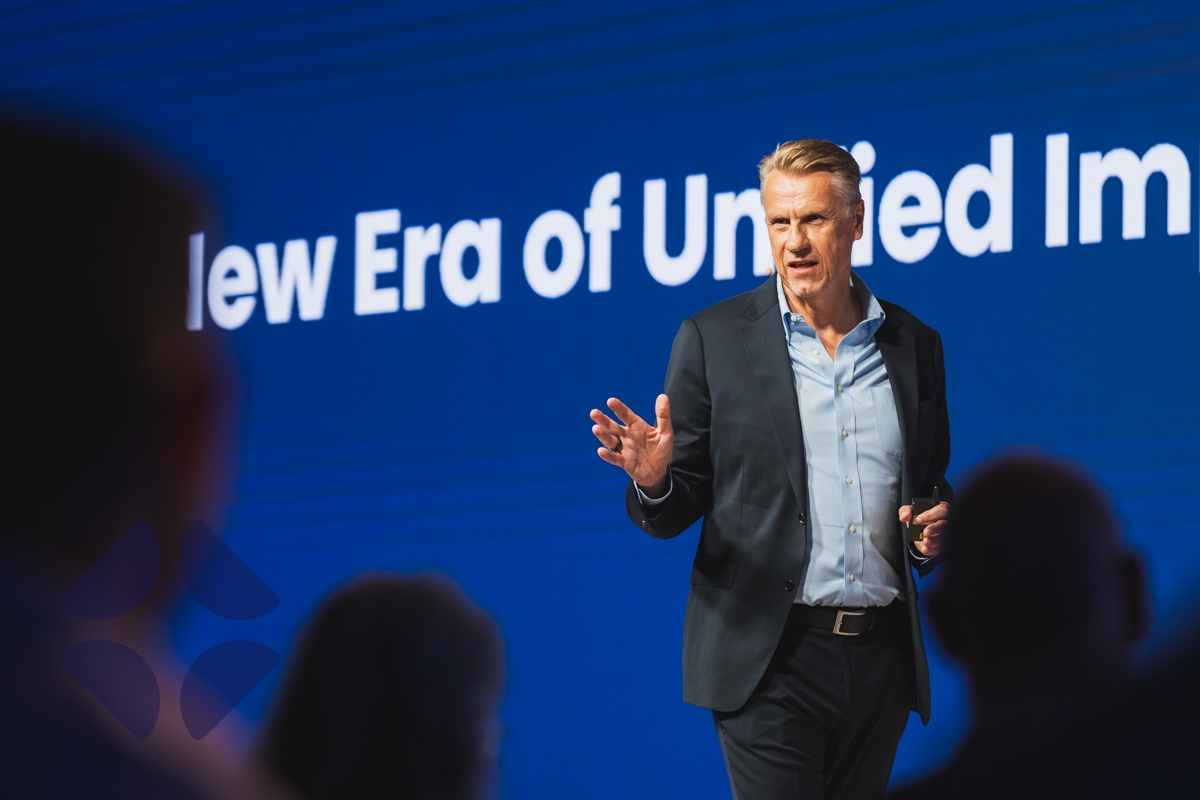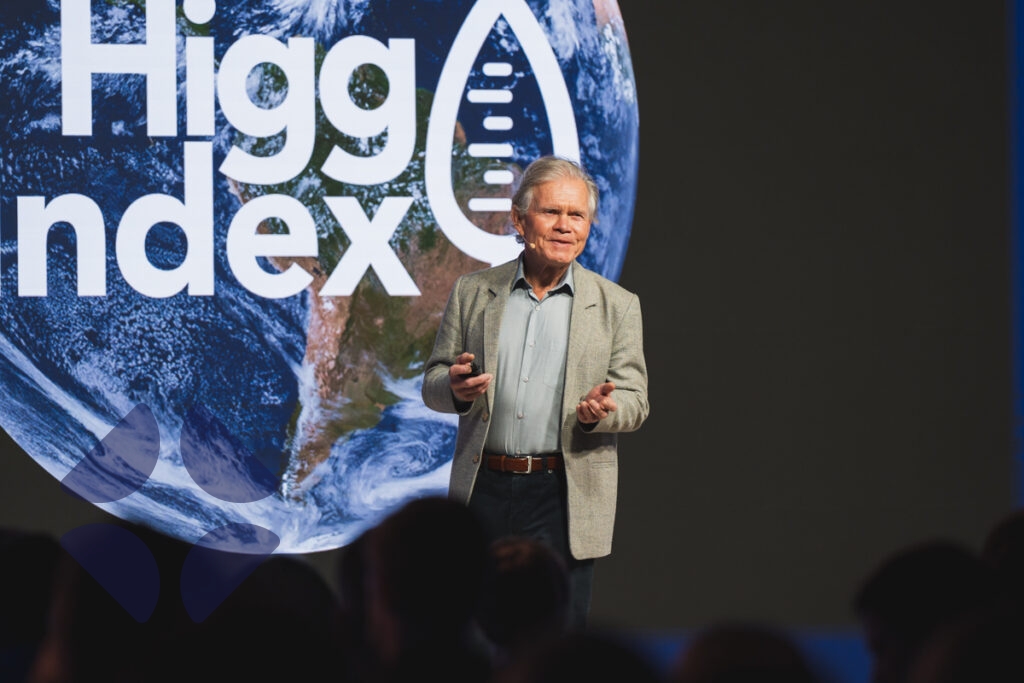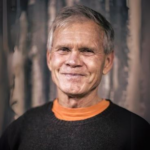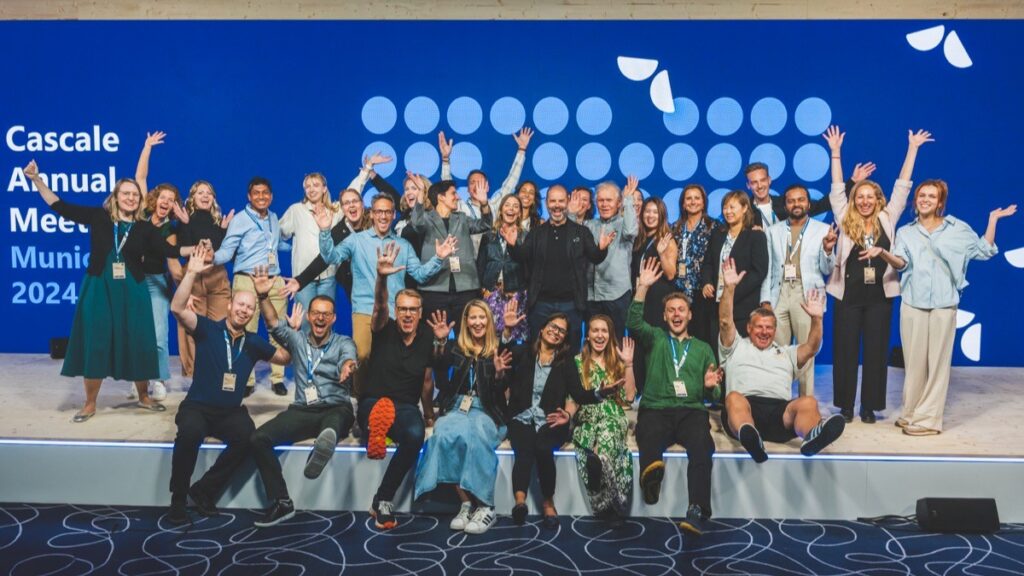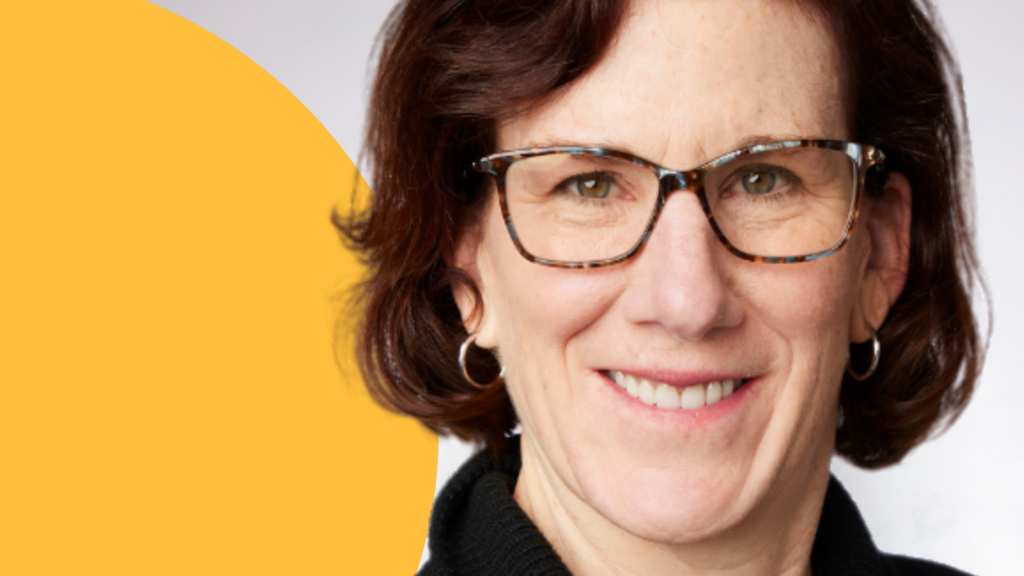At the time, I was at Patagonia, working on environmental initiatives, when Walmart approached us for feedback on a supplier scorecard they were developing. It was a basic concept, but it got me thinking—what if we could build a coalition of apparel and footwear companies to develop a robust, industry-wide standard for measuring sustainability? It was a long shot, but we accepted the challenge and we code-named the effort “David and Goliath,” borrowing inspiration from the timeless fight between unmatched strengths. Walmart surprised us—they wanted to be David, and Patagonia would be Goliath.
From the beginning, we knew the initiative needed to go beyond just brands and manufacturers. We aimed to create a multi-stakeholder alliance that included NGOs, governments, academia, and other key players. This inclusive approach was critical to ensuring that the solutions we developed were robust, credible, and widely accepted.
A Mission Rooted in Collaboration and Pragmatism
The founding principles of Cascale were straightforward but ambitious: Build on existing work to move quickly and don’t let perfection stand in the way of progress. With these values in mind, we reached out to CEOs of various companies, NGOs, and universities to establish a universally-accepted approach for measuring sustainability in the apparel sector. This effort quickly gained traction, and the group, originally named the Sustainable Apparel Coalition, grew rapidly.
Our early vision was simple yet ambitious: Create business value by reducing environmental impact and increasing social justice across the value chain. The strategy was also simple yet ambitious: manage impact by measurement that was deep, wide and standardized. To help understand how strategy could lead to vision, we brought in a team of complex systems analysts from the Massachusetts Institute of Technology (MIT) to map out a measurement tool–an index–that, put in the hands of key decision-makers, could incentivize them to make better decisions.
The MIT team gave us a Theory of Change and we built a 1.0 version of the tool. But we needed a name for the tool that could transcend apparel. At the same time, we learned that a group of physicists had discovered a subatomic particle that was going to unify the universe, and they were going to call it the Higgs Boson. I smiled and said, “If the Higgs Boson particle is going to unify the universe, then the Higg Index was going to save it.
Sharing Our Vision in Munich
At Cascale’s recent Annual Meeting in Munich, I had the opportunity to reflect on these early days and share why our founding mission remains as critical today as it was over a decade ago. The challenges we set out to address then—fragmented efforts and outdated practices—are still prevalent. Today, the urgency is even greater. Emissions are on track to be 2.5 times higher than needed by 2030 if we don’t act decisively. Cascale was created to provide a unified solution to these industry-wide challenges, and the need for a coordinated, collective effort is now more important than ever. From its simple spreadsheet origins, the Higg Index has evolved into a critical suite of tools relied on by over 40,000 users to decrease environmental impact and increase social justice unlike any other industry.
The Path Forward: Accountability, Transparency, and Collective Action
One of the key points I shared in Munich was the importance of accountability and transparency—areas where Cascale has made progress but where there is still much work to do. Cascale’s strength lies in its ability to unite diverse perspectives and drive collective action. The Higg Index continues to provide essential data and insights that empower decision-makers across the value chain to make better, more informed choices, but we have to hold the industry to account for its performance..
Looking ahead, Cascale is uniquely positioned to lead the industry towards a more sustainable future – especially in the critical area of decarbonization. By focusing on key areas like eliminating coal, increasing renewable energy use, and improving energy efficiency, and by working closely with partners like the Apparel Impact Institute and RESET Carbon, Cascale is building an Industry Decarbonization Roadmap that supports suppliers in making meaningful reductions.
Why Cascale’s Original Vision Still Matters
Reflecting on our journey, it’s clear that Cascale’s founding principles are just as relevant today. The idea that brought us together remains the guiding force behind every initiative. The potential is enormous, and with the right tools, partnerships, and a commitment to continuous improvement, Cascale stands ready to guide the industry forward.
The Higg Index may not literally save the universe, but it represents our best attempt at saving our one and only home planet.
